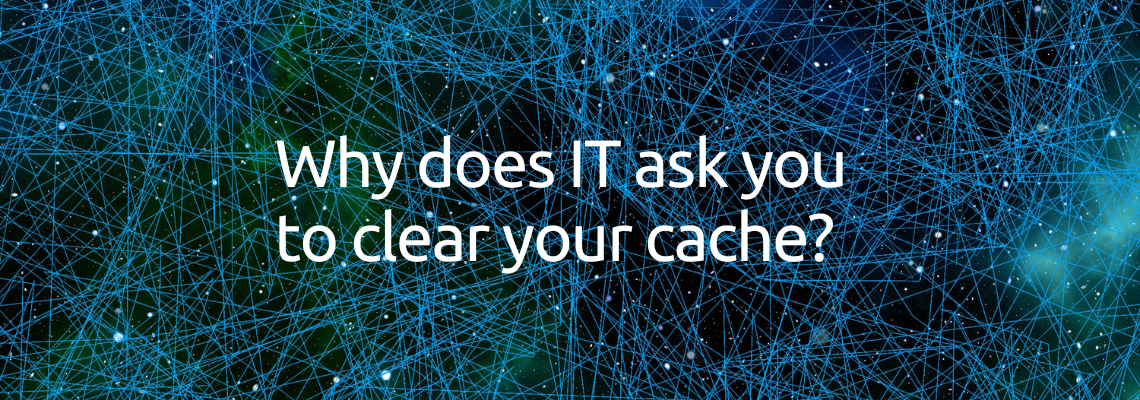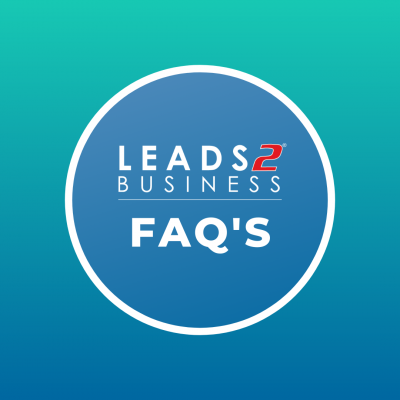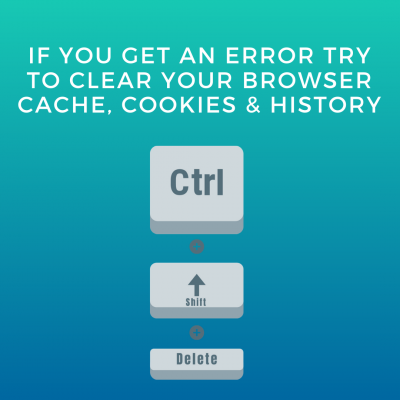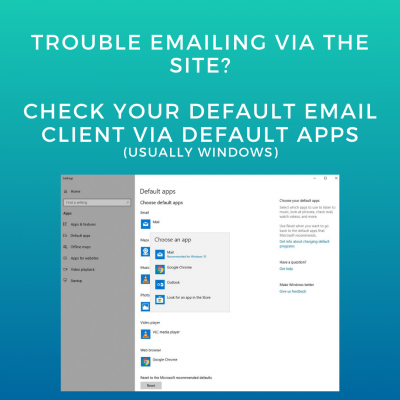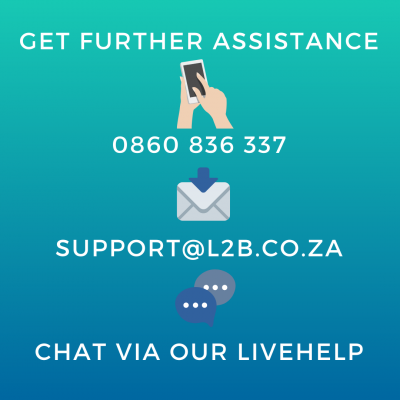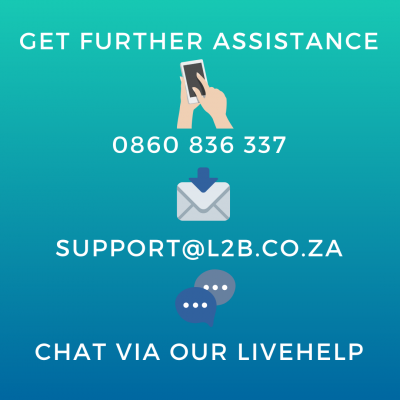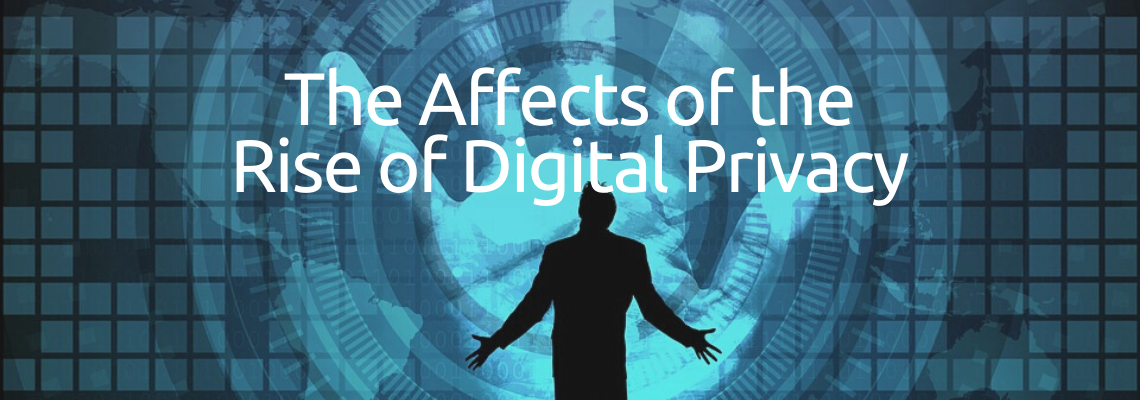
How did I pay for the internet? Apparently, with my personal information. Who knew?!
When researching these blog articles, I invariably end up down some rabbit hole, marvelling at my own ignorance. Googling definitions left, right and centre. There’s a thick layer of technical and jargon-ny terms that serve as a deterrent when trying to learn anything about the internet. Obviously, why would anyone want to learn beyond “What’s the wifi password?” and “Reset the router”. As all-encompassing as the internet is now, and it’s quickly, if not already, becoming a “human right” (thanks COVID); there is an aversion to learning how it works and why it works.
Don’t ask me, I still don’t know.
However, digital privacy has been identified as a major player in the game. Or the severe lack of digital privacy. Back in the day, when personal computers and a dial-up connection became more widely available; no one thought when sitting at their PC to the soundtrack of “Skaweeerureeweeart” that they had to worry about privacy if they were home alone and the curtains were drawn. How wrong they were.
Practically every aspect of your activity and use of the internet, through whichever device (PC, tablet or smartphone), is being tracked in some way. Now “tracked” is a very emotive term. Brings to mind a hunter and prey scenario. Which is accurate, unfortunately. Who’s the prey? You. Or more accurately your wallet. Who’s the hunter? Any organisation trying to sell you something or get you to do something (with your money). Ever notice how those ads that show up, no matter which website you’re on, all show the same thing? How do they know you have a penchant for bobblehead toys and camo undies?
When on the internet, you generate data. The types of searches you do, the websites you visit, the emails you write, the ads you click on, as well as the information you plug into any online portal of any sort; generate data. This data has value. Traditionally, this data has paid for the internet. It got bundled up and sold to the highest bidder. And it can enviably identify you in some capacity. This is a problem. Especially when you are not aware that you can be identified, and you don’t know who has your information or who they’ve sold it onto.
Once this potential omission or neglect or just blatant abuse, was identified; then laws had to be made to protect individuals. Europe has the General Data Protection Regulation (GDPR), and South Africa has the Protection of Personal Information Act No 4 of 2013 (POPIA). This has resulted in fundamental changes to how organisations do business on the internet. Organisations have to declare if they gather personal information and how they do it. This is usually explained in a Privacy Policy.
Specifically, these changes have implications for advertising. Advertising pays for the internet. Organisations, of any size, rely on advertising to garner more interest, more business and more engagement. If the entire population of the world, says a collective “Nope” to allowing their data to be gathered; then your potential pool of customers, clients and buyers dry up. Organisations need to supplement this loss of income somehow, and so there’s probably going to be an increase in fees, costs and previously free services being converted into paying services.
Are you helpless in the face of such intrusion? Of course not. Education is the first starting point. With knowing how valuable your data is, there are a variety of ways to protect your information. You can ensure that your passwords are strong and change often. You can use ad blockers and other plugins and extensions to prevent your activities from being tracked. Cookies are the most commonly used trackers on any website. These perform necessary functions like session management, personalisation and tracking (I know). But you have to be told now, that cookies are being used. You can choose not to allow cookies. This is a double-edged sword. The functionality will be affected in some way.
Data transparency is on the rise and should be encouraged. No one can really argue against privacy. So any innovation and developments that support the protection of individual privacy, while allowing businesses to get their brands, products and services out there; should be encouraged.
Sources:
In Man
Today Headline
PH Data
EPL
NY Times
Wikipedia
Fig Lead
POPIA
NY Times
To view more Articles, please visit our Leads 2 Business Blog.
If you are interested in becoming one of our subscribers, please visit Leads 2 Business.
To view notes with screenshots on how to use our website, please visit Leads 2 Business Wiki.
I started working at Leads 2 Business in February 2005, and have served as Head of Department of Daily Tenders from 2007 until the present. I oversee both the Daily Tenders South Africa and Africa Departments.
